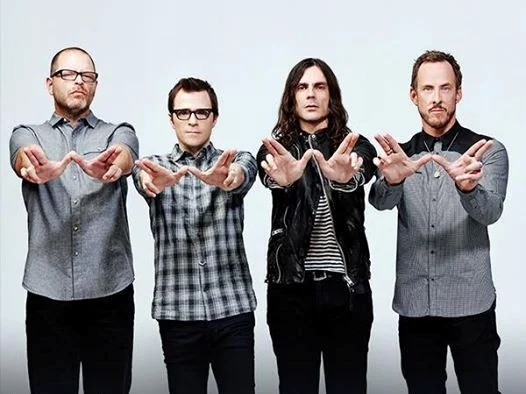An Introduction to "Buddy Holly" by Weezer
"Buddy Holly" is an iconic 1990s song by the American rock band, Weezer. Released as the second single from their debut album, the track quickly became a radio hit, solidifying Weezer’s place in the rock scene. It's an irresistible blend of power pop and alternative rock that still captivates listeners today.
Cultural and Historical Context of "Buddy Holly"
Born in the post-grunge era, Weezer brought a refreshing vibe to the 90s music scene with "Buddy Holly". The track's clever lyrics and catchy hooks contributed to its wide appeal, bridging the gap between underground rock and mainstream pop. Its nostalgic references to the 50s rock 'n' roll star, Buddy Holly, and the popular TV show "Happy Days," reflected the 90s' fascination with retro culture. This song's cultural impact still resonates, as it is often listed among the greatest rock songs of the 90s.
An Interesting Fact about "Buddy Holly"
One fascinating fact about this piece is its music video. Directed by Spike Jonze, the video ingeniously intersperses footage of the band performing with clips from "Happy Days". The video went on to win several awards, including the Best Alternative Video at the 1995 MTV Video Music Awards, further cementing the song's place in pop culture.
Cover Versions of "Buddy Holly"
Due to its timeless appeal, "Buddy Holly" has inspired numerous cover versions by various artists. These reinterpretations range from acoustic renditions to metal-infused versions, showcasing the track's versatility and enduring popularity. Notable artists who have covered this song include the American punk rock band, Deftones, and the British indie rock band, Arctic Monkeys.
Why "Buddy Holly" is Still Relevant Today
More than two decades after its release, Weezer's "Buddy Holly" remains a cornerstone of 90s rock. Its infectious melody, memorable lyrics, and innovative music video continue to influence contemporary artists and captivate new generations of listeners. Its cultural impact and enduring popularity ensure that this song remains one of the defining tracks of the 90s.

Comments (0)